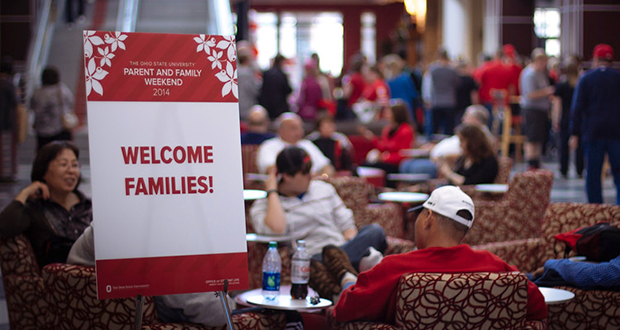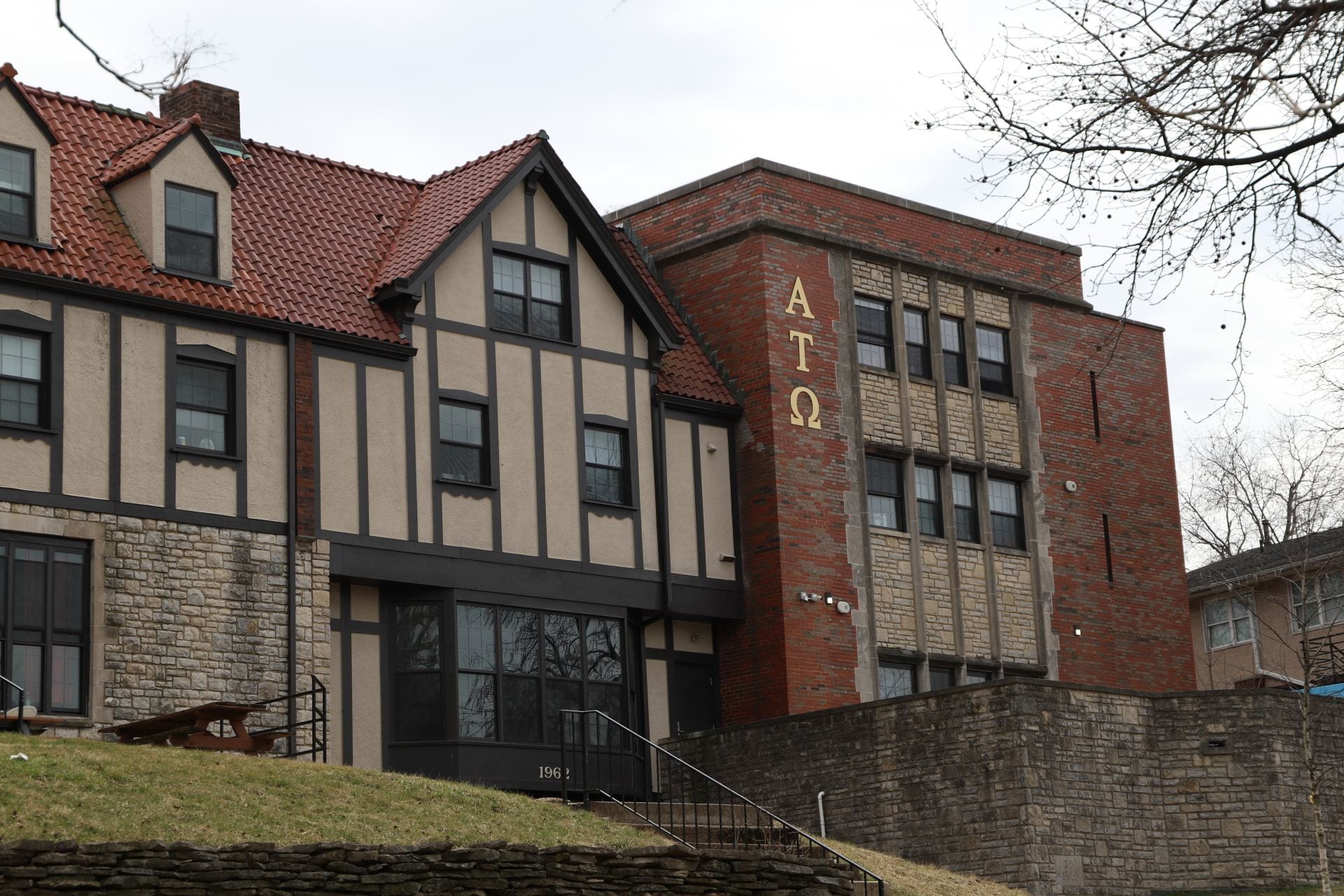
For many OSU students, attending college ushers in a new season of relationships with family members back home.
Courtesy of OSU
As the end of Spring Semester draws closer, many first-year students might find that things are a little different when they return home to their families for the summer.
Ryan Lovell, director of parent, family and alumni programs, said during a student’s first year away at college, family members often change from an active participant in their child’s life to a less-involved advocate and supporter.
“Family members must determine methods and strategies to support a student’s growing independence from a distance,” he said in an email. “This change from active participant to loyal advocate can be challenging for students and families alike.”
When a student is living at home during high school, family members are able to assist with homework and be a positive voice in their child’s life, Lovell said. After a student moves away to college, however, family members need to determine how to serve in their roles at a distance.
Jake Miller, a first-year in English from the Cincinnati area, said his relationship with his parents has changed because of the distance between them, but it hasn’t necessarily prevented them from being close.
“I enjoy time with my parents more than before, feel more patient towards them and understand them more than I did before I moved away to college,” he said.
Abbey Moore, a second-year in psychology, also said her relationship with her parents has changed.
“My relationship with my mom has gotten even stronger since coming to college,” she said. “We’re probably closer now than we’ve ever been.”
Lovell said changes in the relationship between students and family members are inevitable. Research suggests that the higher-order cognitive capacities that begin to develop in the teenage years continue to develop in college, and they don’t fully develop until surprisingly late in life, he added.
“This maturation process of the brain means that students are continuing to develop who they are, which will impact the relationship dynamic with parents,” he said. “As students gain a sense of self and independence, parents and family members must adapt to these changes and find ways to continue to support their students.”
Lovell said these changes are generally positive, though.
“Relationships with parents and family members need to change in order to facilitate students becoming responsible for their own life experiences and developing the skills necessary to be successful in these experiences,” he said.
Miller said he has become a less dependent person since coming to college because he can’t rely on his parents to do everything for him anymore.
“I think it’s a positive change for me because I am getting more freedom to explore who I am outside of my parents’ influence,” he said.
Moore said she has also grown more independent from her parents, and that was evident when she returned home for the summer after her first year at school.
“There were a few times when I forgot I needed to let them know where I was going or when I was going to be home,” Moore said. “I mostly just run my plans by my parents for approval now.”
Lovell said these changing family dynamics are a part of the university experience, which he said helps prepare students for life after graduation.
“The university setting prepares students for a successful life in the ‘real world,’” he said. “Students need to not only learn academic information associated with a major for success in a chosen career, but also the life skills necessary for success after college.”


